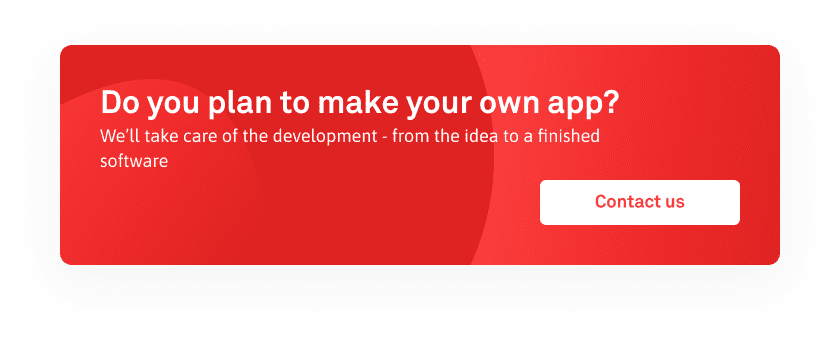EHR is becoming more and more prominent in the healthcare industry. EHR, or the Electronic Health Record, is an advanced system built to collect, interpret, and manage patient data to facilitate rapid treatment and medical prescription. The market for EHR development for Hospitals is expected to reach over $33 billion by 2023.
The benefits of using EHR
The EHR contains a plethora of information, including patient demographics; information about the patient’s insurance; the medical history of the patient, health assessment notes and graphics, along with medical tests, radiology images, and lab results; allergies; prescriptions, and other treatment plans; statistical data related to medical practices; billing information. A healthcare professional will enter all of this information into the system, creating a detailed digital record accessible anywhere at any time by relevant parties.
This system comes with a lot of benefits for both healthcare professionals/providers and patients. For patients, the benefits include the ability to track personal healthcare data, obtain higher quality healthcare and diagnosis faster, fewer errors in their healthcare records, personalized reminders for appointments and treatments.
For providers and practitioners, the benefits are: increased clinic productivity and efficiency; simplification of day to day routine tasks; higher quality medical services; easy to access, up to date medical information; smoother interoperability between different departments, practices, hospitals, laboratories, and insurance providers; remote consultations and patient monitoring; streamlined bureaucracy; fewer errors in medical data; access to a huge amount of data for studies and analysis; easier handling of billing and other administrative tasks.
The benefits listed above are just the tip of the iceberg, and they represent the usefulness of a standard EHR solution. When you’re doing EHR development for Hospitals, many other features can be added, further increasing this system’s usefulness. For example, a custom solution can be used to implement improved patient portals, add telemedicine options and e-prescription tools, and integrate with various mobile devices, including wearables, to name just a few.
Are you interested in EHR development for Hospitals?
Custom EHR solutions come with numerous benefits that help both the healthcare provider and the patient. This means that as a practitioner, you will be able to provide a better service and that your patients will receive your EHR software well. If you are interested in finding out more about custom EHR, how much it costs, and the features that can be added, contact us today.



